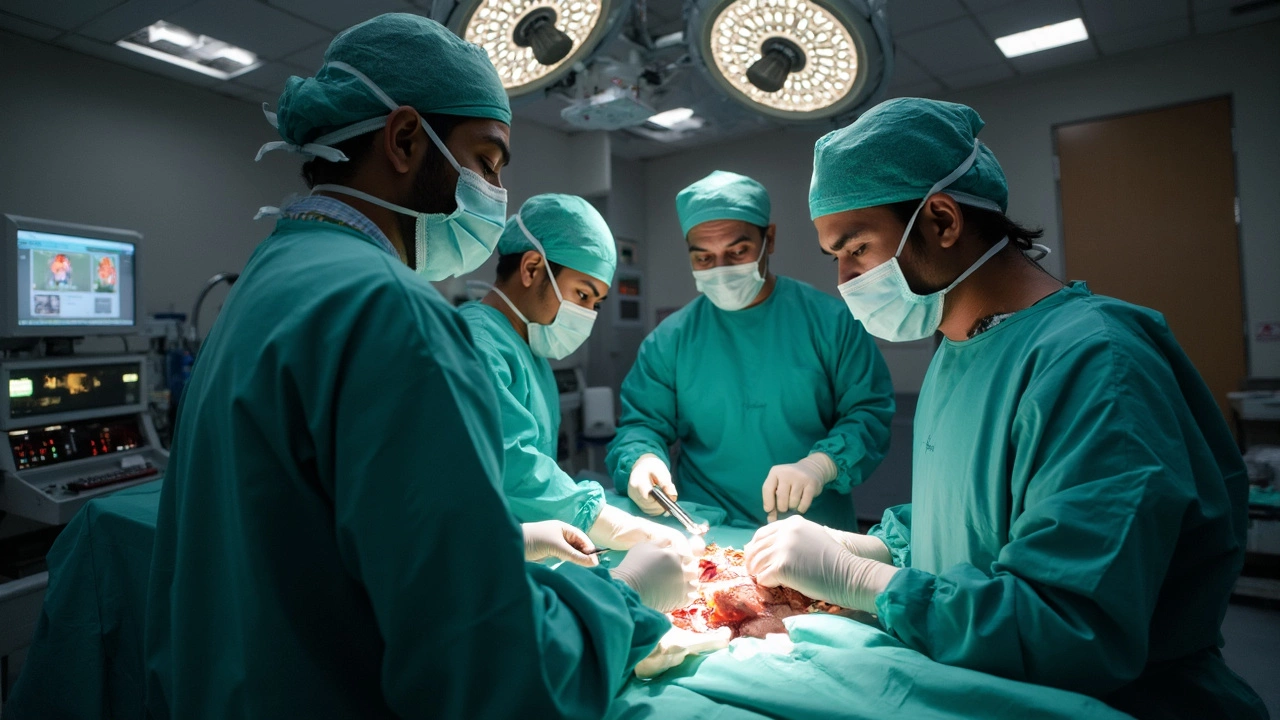Hardest Heart Surgery – What Makes It So Tough and How to Prepare
If a doctor mentions the "hardest heart surgery," you probably feel a mix of fear and curiosity. It’s not just a scary phrase – it points to procedures that involve the most delicate parts of the heart, the longest operating times, and a higher chance of complications. Knowing what drives the difficulty can help you ask the right questions and get ready for the journey.
Why This Surgery Is the Hardest
First off, the hardest heart surgeries usually involve multiple chambers or major vessels. Think of operations like a double‑valve replacement, aortic arch repair, or complex congenital defect corrections. These need the surgeon to work in a tiny space while the heart is stopped and blood is rerouted through a heart‑lung machine. The longer the heart is without its normal flow, the more stress on the body.
Another factor is the patient’s health. Older age, diabetes, or previous heart procedures make the tissue tougher and the healing slower. When the surgeon has to navigate scar tissue or calcified arteries, the risk of bleeding or unintended damage goes up. That’s why hospitals with JCI accreditation and high surgical success rates are often recommended for these cases.
Tips for a Safer Recovery
Preparation starts before the knife even touches your chest. Get a full pre‑op checklist: blood tests, lung function checks, and a clear list of medicines you’re taking. Ask your surgeon how long the operation is expected to last and what specific risks apply to you. Knowing the plan reduces surprises.
After surgery, the biggest enemy is inactivity. Gentle movement, even just sitting up in bed, helps prevent blood clots and boosts lung function. Your care team will set a schedule for breathing exercises and short walks. Stick to it – the faster you get moving, the quicker the heart heals.
Nutrition also plays a big role. Protein‑rich foods and plenty of fluids support tissue repair. If you have diabetes, keep blood sugar steady to avoid infections. Most hospitals provide a dietitian, so take advantage of that service.
Finally, keep an eye on warning signs. Chest pain that worsens, sudden shortness of breath, or a fever over 101°F should prompt an immediate call to your doctor. Early detection of complications can make the difference between a smooth recovery and a setback.
Remember, the label "hardest" doesn’t mean hopeless. It just signals a need for a skilled team, careful planning, and your active involvement in the process. Talk openly with your surgeon, follow the post‑op plan, and lean on support from family or friends. With the right approach, you can navigate even the toughest heart surgery and come out stronger on the other side.





